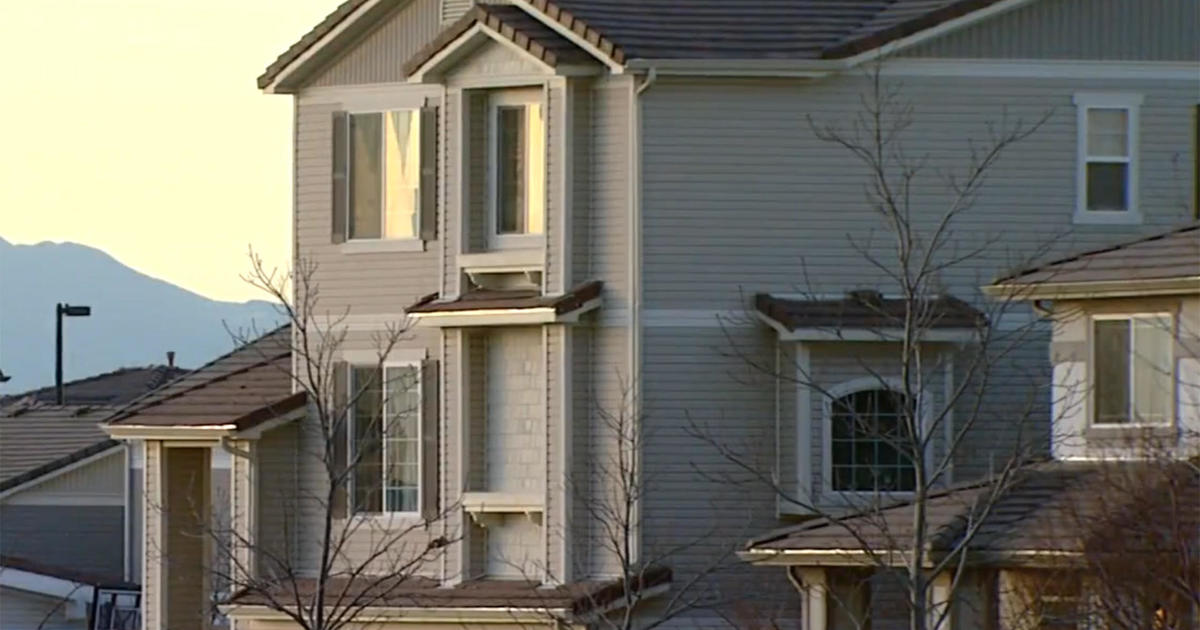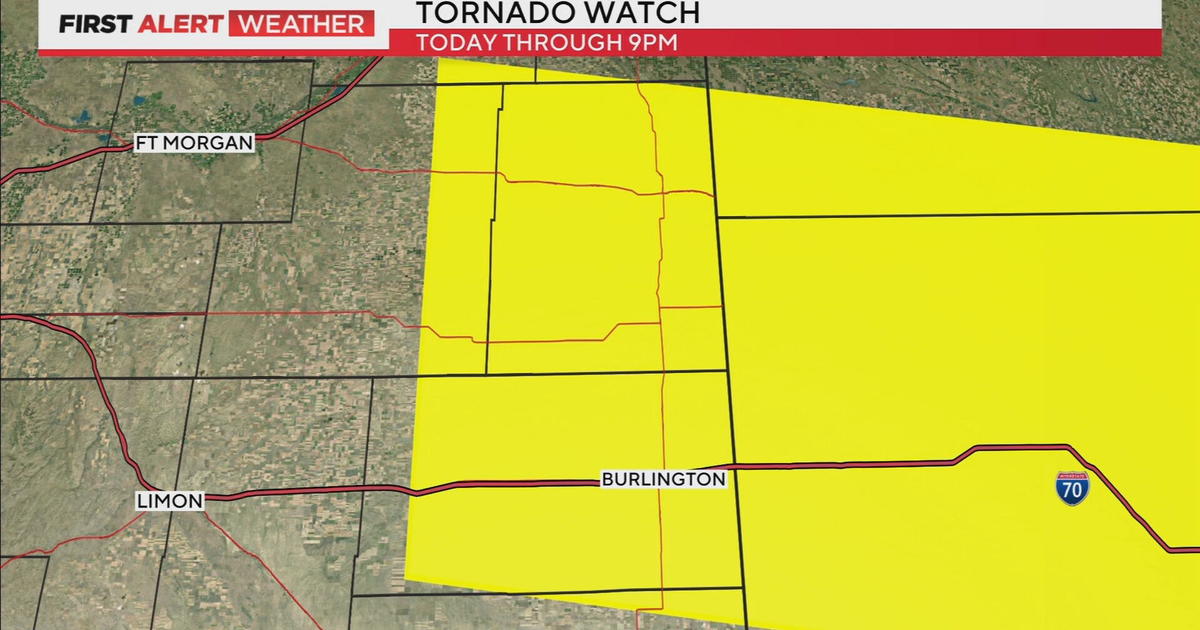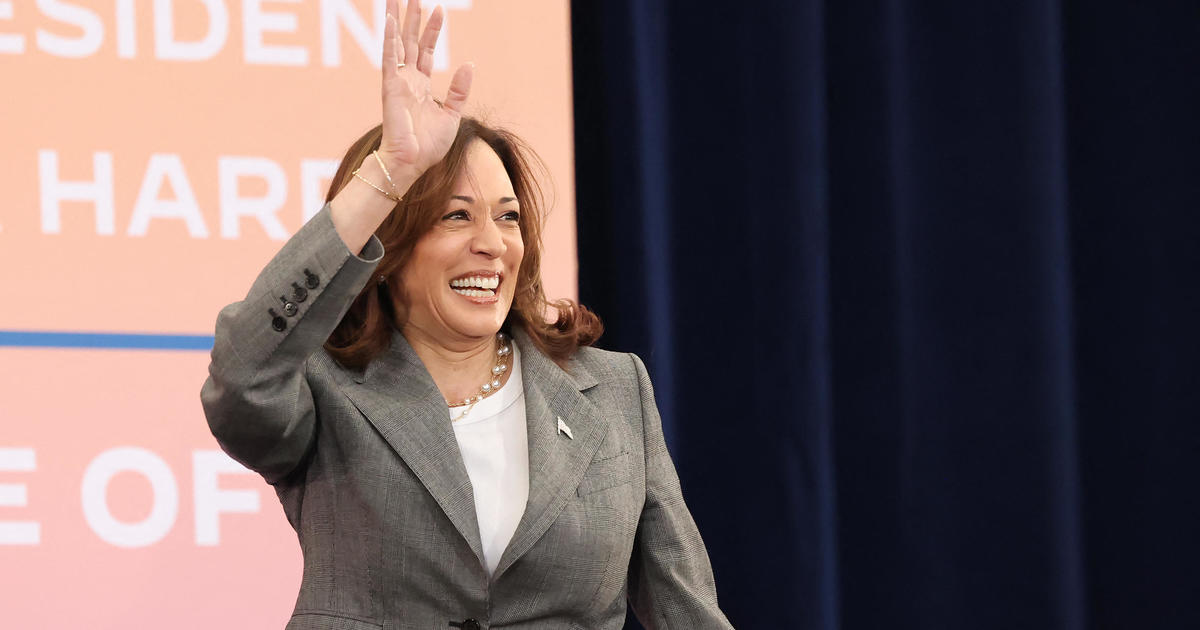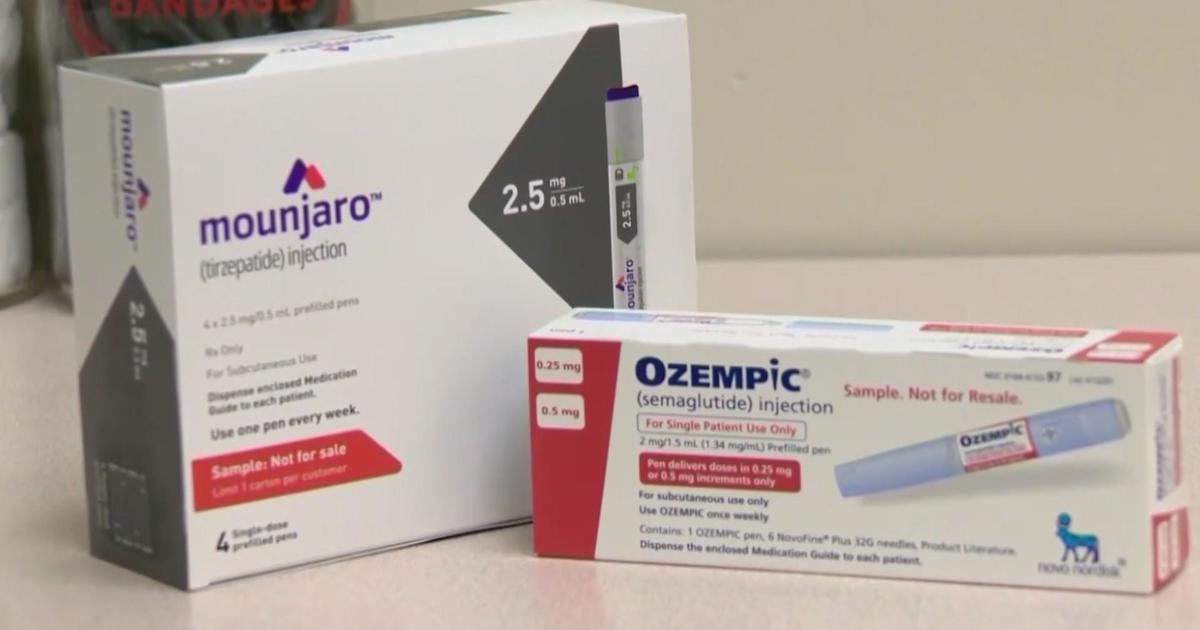Stimulus Package Update: Is Time Running Out On A Possible Second Stimulus Check?
(CBSNewYork) -- Talks on another round of economic stimulus continued Monday, with progress made between the two sides. But time is short for passing another stimulus bill before the election. If a bill is to pass by November 3, a deal must be reached by Tuesday, October 20, according to House Speaker Nancy Pelosi, who is heading up negotiations for the Democrats.
The scenario grew a little more likely with the White House accepting language that would address racial disparities in the effects of the virus. The two sides appear to be closer on other issues as well, according to Pelosi's Deputy Chief of Staff Drew Hammill.
The two sides already agree on the need for another round of $1,200 stimulus checks and more enhanced unemployment benefits, as were found in the CARES Act, which expired at the end of July.
Pelosi and Treasury Secretary Steven Mnuchin, negotiating for the Trump administration, still need to settle on a price tag, however, which could range from $1.8 trillion to $2.2 trillion. There are additional differences in the details as well. The two sides remain at odds over language for a national strategic testing plan. Though, in a hopeful sign, Pelosi said in a Monday television appearance, "We have finally, in the last 24 hours… come to a place where they are willing to address the crisis, the coronavirus, to crush the virus."
>>READ: Stimulus Package Update: As Unemployment Claims Climb, Have Both Sides Found Common Ground?
Other outstanding issues to be resolved include inadequate childcare provisions and more necessary funding for state and local governments. Also to be ironed out are the Child Tax Credit, Child and Dependent Tax Credit, and the Earned Income Tax Credit. Still, the Speaker remains optimistic that a deal can be reached before the election.
President Trump expressed support for a large package last week.
Of course, the week before that, the President shut down negotiations entirely.
Current polling shows Trump is trailing challenger Joe Biden in the polls, including in states like Arizona and Wisconsin. Given the prevailing winds, he seems likely to support another round of stimulus that includes a check with his signature on it. That political calculus may change with the outcome of the election, however.
The Senate, which would have to vote on a second stimulus package, has its own ideas on how to boost the economy. It is scheduled to vote today on a $500 billion extension of the Paycheck Protection Program, which loans money to businesses to help them keep employees during the continuing pandemic. The Senate will vote tomorrow on the same "skinny" bill it put forth last month, which includes includes additional unemployment benefits, financial aid to schools and more funding for vaccines. Neither bill includes another round of stimulus checks.
The considerable distance between what the Senate is proposing and what the House and the White House are negotiating makes a second stimulus that much more unlikely. McConnell promised over the weekend that the Senate would "consider" whatever deal they may reach.
The chances of a stimulus agreement by Tuesday seem, at best, remote. It should be noted that even if it were to miraculously happen, $1,200 stimulus payments and additional unemployment benefits wouldn't reach the pockets of needy Americans until weeks after the election.
>>READ: Stimulus Package Update: What Happens To The Economy Without A Second Stimulus?
Meanwhile, consumers suffer as the economy staggers along. Job growth is slowing, and layoffs are rising. In the most recent week for which stats are available, 898,000 people filed for unemployment benefits for the first time, the highest level of new jobless claims in two months. Another 373,000 more who don't qualify for traditional unemployment requested Pandemic Unemployment Assistance.
Households and businesses are facing difficult times. According to the Center on Budget and Policy Priorities, almost 78 million adults – 33 percent -- are struggling to pay for the usual household expenses, such as food, rent, car payments, medical expenses, or student loans. That rate climbs to 40 percent in households that include children.
Longer-term prospects will grow even worse if Washington fails to pass another stimulus package. Another dip in the economy would damage unemployed Americans far beyond what we've seen so far.
In recent months, spending made possible by stimulus checks, unemployment benefits and paycheck protection had been propping up the economy. "If there's no unemployment benefits, then the people who were relied on to consume, they're going to consume a lot less," says Yeva Nersisyan, Associate Professor of Economics at Franklin & Marshall College. "And that then means firms who were selling them output will get a lot less revenue. They'll start firing workers and so on. It becomes a vicious cycle, basically."



